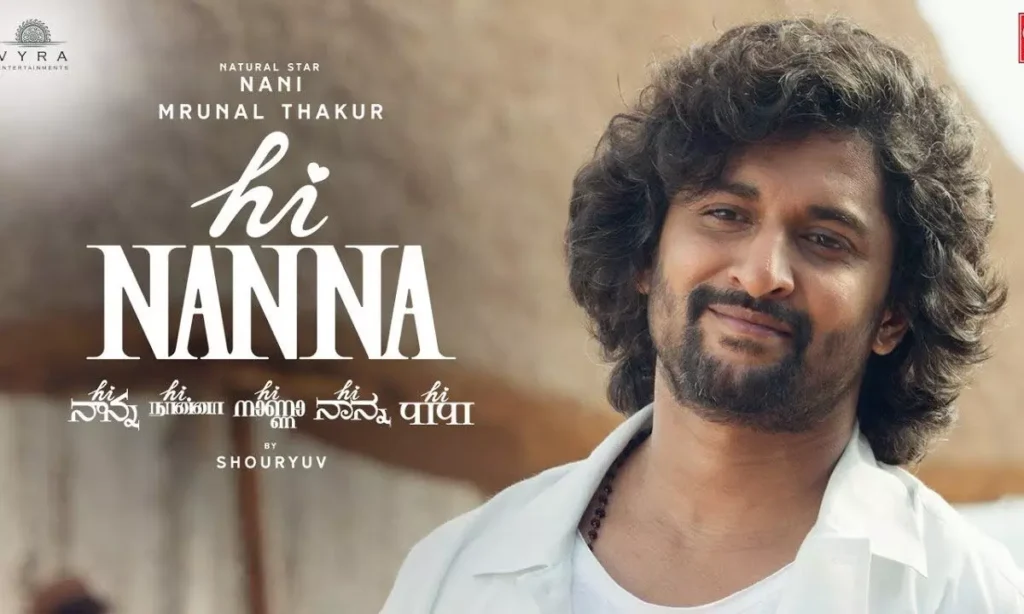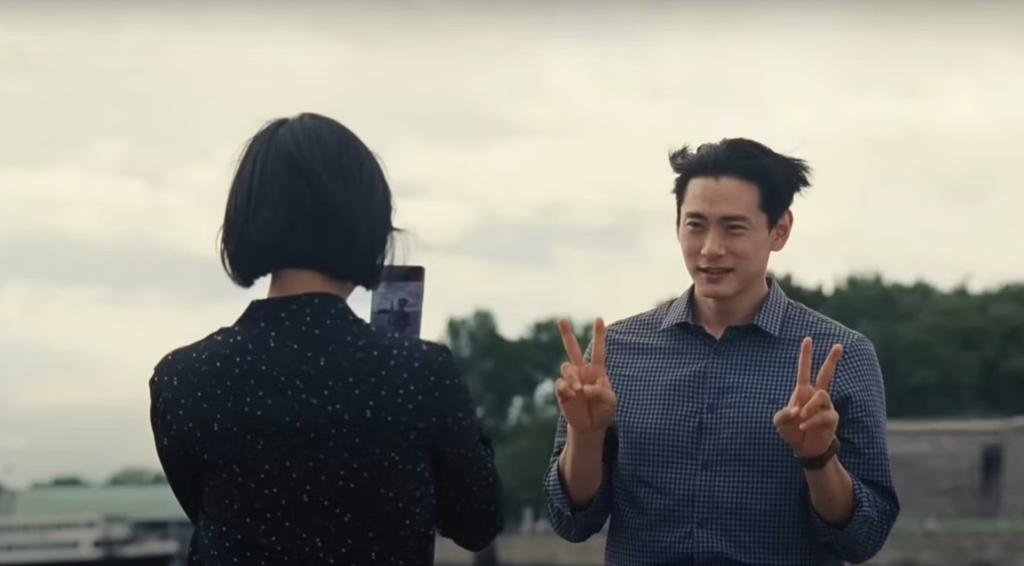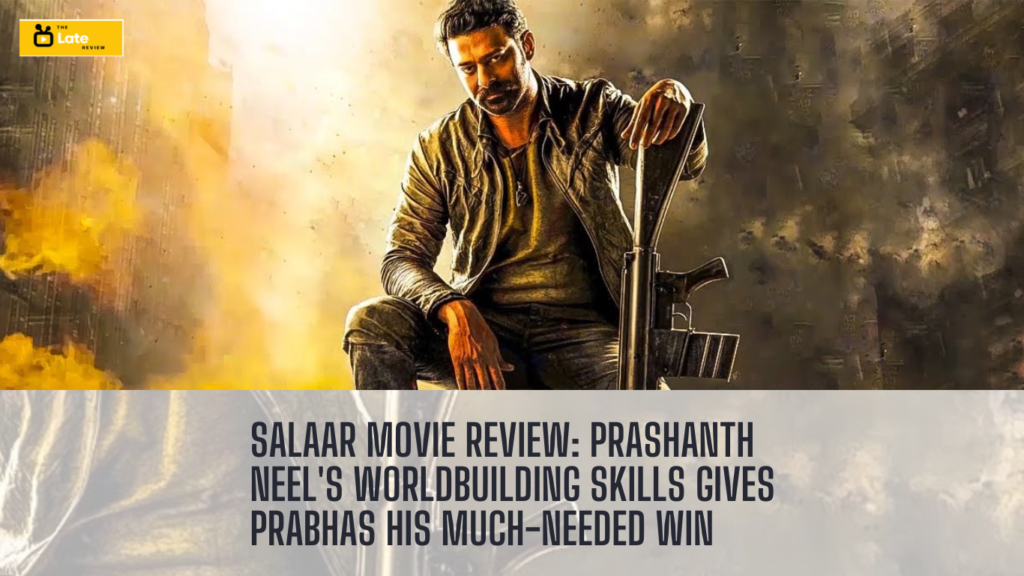Created with AIPRM Prompt “Rewrite Articles To Be 100% Unique”
“Heartfelt Depths in Hi Nanna: A Cinematic Journey Beyond Predictability”
Director: Shouryv
Writers: Nagendra Kasi, Shouryuv
Cast: Nani, Mrunal Thakur, Kiara Khanna, Priyadarshi, Jayaram
Duration: 158 minutes
Available in: Theatres
In the realm of filmmaking, the care bestowed upon characters often serves as a litmus test for a director’s commitment. This sentiment echoes strongly in Shoryuv’s debut film, Hi Nanna, where a seemingly simple choice in the climax underscores the filmmaker’s genuine concern for the characters crafted. Amidst the familiar scenario of a loved one in critical condition and anxious family members awaiting outside the operation theatre, Hi Nanna introduces a poignant element—the family pet, Pluto. The film elevates Pluto beyond a mere accessory, endowing it with a significant role in the narrative, showcasing the filmmaker’s dedication to even the non-human characters. This small yet impactful gesture exemplifies the film’s golden heart, transcending its portrayal as a mere dog-loving story.
A Blend of Predictable Writing and Heartening Treatment
Hi Nanna doesn’t rely on groundbreaking concepts or narrative techniques to distinguish itself. While the screenplay’s flow may be somewhat predictable, especially in the first half, what sets the film apart is its heartfelt treatment. The story revolves around 6-year-old Mahi, portrayed brilliantly by Kiara Khanna, raised by a single father, Viraj (Nani). The narrative unfolds as Mahi, curious about her mother, envisions her father as the central character in bedtime stories. The film skillfully navigates through the predictable aspects, including the backstory of Viraj and Varsha (played by Mrunal Thakur), introducing moments of mature writing amidst clichés.
A Weighty Second Half
The interval twist in Hi Nanna redefines the entire narrative, infusing emotional depth into the second half. The recontextualization of Viraj’s encounter with Yashna adds a beautiful layer to the story, with the titular word ‘Hi’ finding a profound meaning. Despite a few sequences feeling prolonged in the second half, laden with emotional moments, the film retains its tenderness. The echoes of plot points from the first half resurface, bringing character arcs to a full circle, culminating in a poignant and emotionally charged conclusion.
Balancing Weaknesses with Emotional Resonance
While some aspects of Hi Nanna may seem less convincing, such as the portrayal of Varsha’s mother, the film compensates with strong emotional moments. The father-daughter relationship, coupled with Hesham Abdul Wahab’s evocative soundtrack, weaves a compelling narrative. The film skillfully ties up loose ends, delivering a powerful emotional punch in the final 30 minutes. Even characters like Angad Bedi’s initially one-dimensional portrayal evolves into a rewarding element by the end.
In essence, Hi Nanna transcends its surface-level contentments, akin to a heartfelt greeting card. While its warmth and emotion may vary, the film succeeds in making the audience genuinely care for its characters. Shouryuv’s directorial debut may not rely on novelty, but it undeniably succeeds in crafting a cinematic journey that resonates with genuine emotion, surpassing the constraints of predictability.



